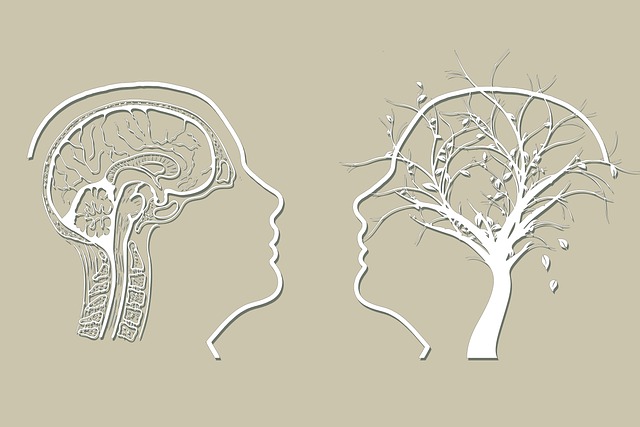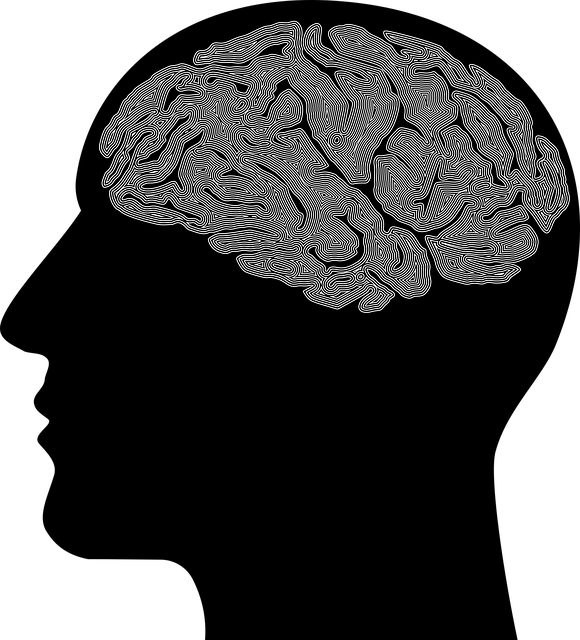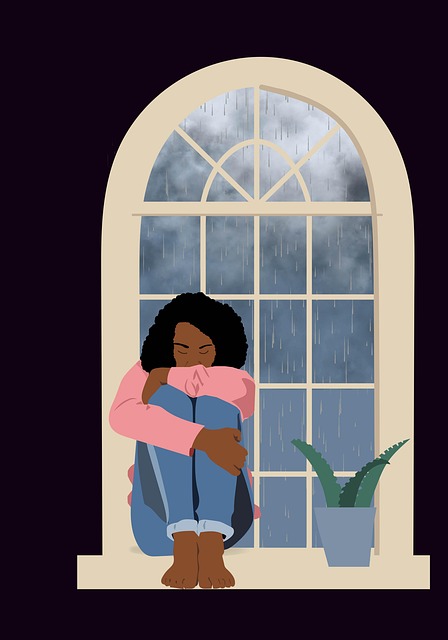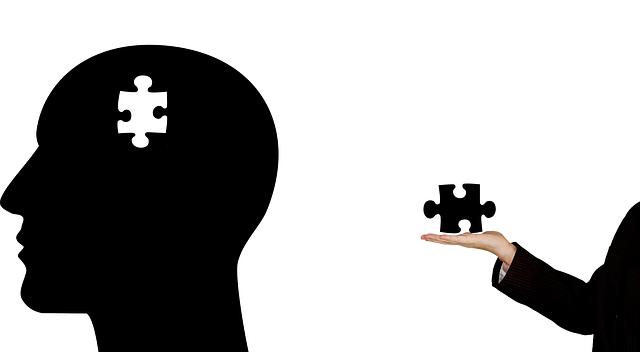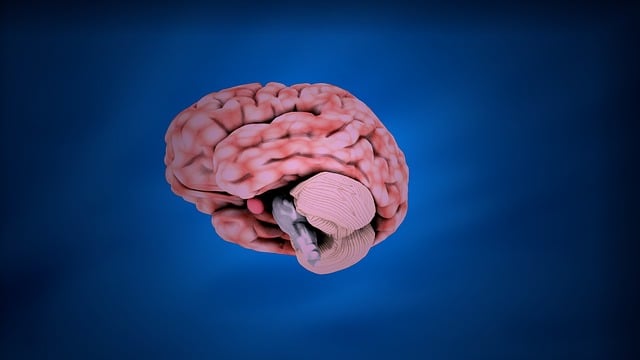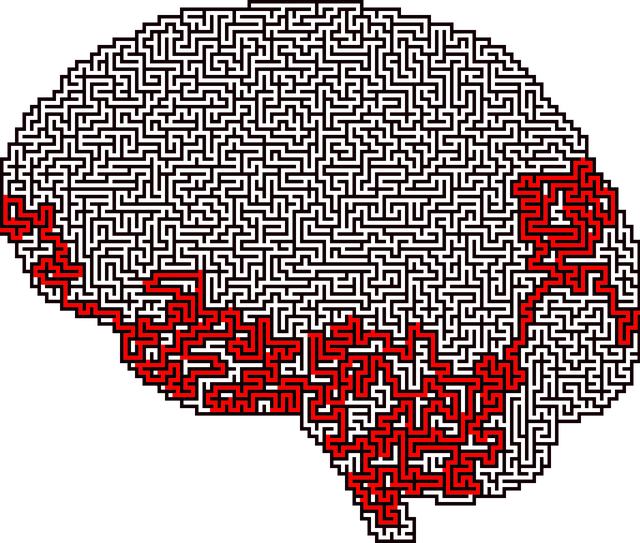The mental wellness of the elderly faces unique challenges including cognitive decline, isolation, depression, anxiety, and chronic pain. Barriers to effective therapy for elders pain management include limited mobility and stigma. Self-assessment tools, integrated with holistic pain management strategies, are crucial for empowering older adults to track their emotional well-being, manage pain, and engage in personalized treatment plans. By addressing the mind-body connection, these tools enhance overall mental health and quality of life, particularly through evidence-based practices like mindfulness meditation tailored to diverse cultural backgrounds. Effective self-assessment platforms have the potential to revolutionize therapy for elders, offering early detection, intervention, and improved coping mechanisms for pain management.
Mental wellness self-assessment tools play a pivotal role in addressing the unique challenges faced by the elderly population. As our society ages, understanding and mitigating mental health issues among seniors have become paramount. This article explores the development of such tools, focusing on strategies tailored to therapy for elders. We delve into the integration of pain management techniques with mental health evaluations, highlighting their significance in comprehensive care. Additionally, we discuss designing accessible platforms and present case studies showcasing successful implementations and their impact on elderly well-being.
- Understanding Elderly Mental Wellness: Challenges and Needs
- The Role of Self-Assessment Tools in Therapy for Elders
- Integrating Pain Management Strategies into Mental Health Evaluations
- Designing Effective and Accessible Self-Assessment Platforms
- Case Studies: Successful Implementation and Impact on Elderly Populations
Understanding Elderly Mental Wellness: Challenges and Needs

The mental wellness landscape for the elderly presents unique challenges and complex needs that often go overlooked. As people age, they may experience a decline in cognitive function, increased social isolation, and a higher risk of developing mental health disorders such as depression and anxiety. These factors contribute to a heightened sense of vulnerability, especially when coupled with physical health issues like chronic pain. Many older adults struggle to access effective therapy for their psychological discomfort, often due to barriers such as limited mobility, reduced independence, and the stigma surrounding mental health discussions in this demographic.
Elderly individuals may require tailored self-care routine development strategies to manage anxiety relief and maintain overall mental wellness. Pain management plays a significant role here, as chronic pain can exacerbate feelings of despair and isolation. By creating holistic assessment tools that consider these specific challenges, we can better support the mental health needs of older adults, ensuring they receive the necessary resources and interventions for improved quality of life.
The Role of Self-Assessment Tools in Therapy for Elders

Self-assessment tools play a pivotal role in therapy for elders, offering an accessible and personalized approach to mental wellness management. These tools empower older adults to actively participate in their care by providing a means to assess and track their emotional well-being, pain levels, and overall mental health status. By integrating mind over matter principles, self-assessment encourages individuals to take ownership of their therapy, fostering a sense of control and autonomy often disrupted by age-related challenges.
Additionally, regular utilization of these tools aids therapists in conducting comprehensive mental health policy analysis and advocacy. They offer valuable insights into the unique mental wellness needs of elders, informing evidence-based practices and personalized treatment plans. This proactive approach not only enhances pain management but also promotes emotional well-being through a range of techniques designed to cater to the specific requirements of this demographic.
Integrating Pain Management Strategies into Mental Health Evaluations

Integrating pain management strategies into mental health evaluations is a growing area of focus, particularly within geriatric care. As many elders experience chronic or acute pain, addressing it alongside mental health concerns can significantly improve their overall well-being. Therapy for elders that incorporates pain management can help reduce symptoms of anxiety relief and build resilience by providing coping mechanisms tailored to their physical discomfort. This holistic approach acknowledges the intricate link between mind and body, ensuring a more comprehensive assessment and treatment plan.
Cultural sensitivity in mental healthcare practice is essential when introducing these strategies. Different cultural backgrounds may hold unique perspectives on pain expression and coping mechanisms. Healthcare providers must be trained to adapt their methods accordingly, respecting individual beliefs while offering evidence-based practices. By incorporating culturally sensitive techniques, elders from diverse communities can receive more personalized therapy, fostering a deeper sense of comfort and engagement in their mental wellness journey.
Designing Effective and Accessible Self-Assessment Platforms

Designing effective and accessible self-assessment platforms for mental wellness is a key step in promoting individual well-being, especially for at-risk populations such as elders. These tools play a vital role in early detection and intervention, ensuring that individuals receive timely support for conditions like anxiety relief and pain management, which are prevalent among the elderly. When developing these platforms, it’s crucial to consider both functionality and user experience.
An accessible platform should be intuitive, easy to navigate, and compatible with various devices. Incorporating mind over matter principles and coping skills development resources can enhance the assessment process, empowering users to take control of their mental health. By combining advanced technology with evidence-based practices, these tools have the potential to revolutionize therapy for elders, making it more convenient and engaging while addressing specific needs related to pain management and overall wellness.
Case Studies: Successful Implementation and Impact on Elderly Populations

The development of self-assessment tools for mental wellness has shown significant promise, especially when tailored to meet the unique needs of elderly populations. Case studies have demonstrated that such interventions can effectively improve overall well-being and quality of life in this demographic. For instance, a recent study focused on integrating mindfulness meditation and stress reduction methods into a comprehensive self-care program for older adults suffering from chronic pain. The results indicated a notable decrease in pain intensity and an improved ability to manage daily tasks without relying heavily on medication.
This successful implementation highlights the potential of these tools in addressing common mental health challenges among the elderly, such as isolation, depression, and anxiety. By incorporating evidence-based practices like mindfulness meditation, self-care routines can be enhanced, enabling elders to actively participate in their therapy for pain management. This shift towards self-driven, personalized care has profound implications, offering a more holistic approach to eldercare that respects individual autonomy and promotes mental wellness.
Mental wellness self-assessment tools play a pivotal role in addressing the unique challenges faced by elderly populations. By integrating pain management strategies, these tools enhance therapy effectiveness and accessibility. As demonstrated through successful case studies, such platforms significantly impact elderly mental health, offering valuable insights for practitioners. Moving forward, continuous development and refinement of these tools are essential to cater to the evolving needs of an aging society, ensuring improved well-being for elders through comprehensive and integrated care.

